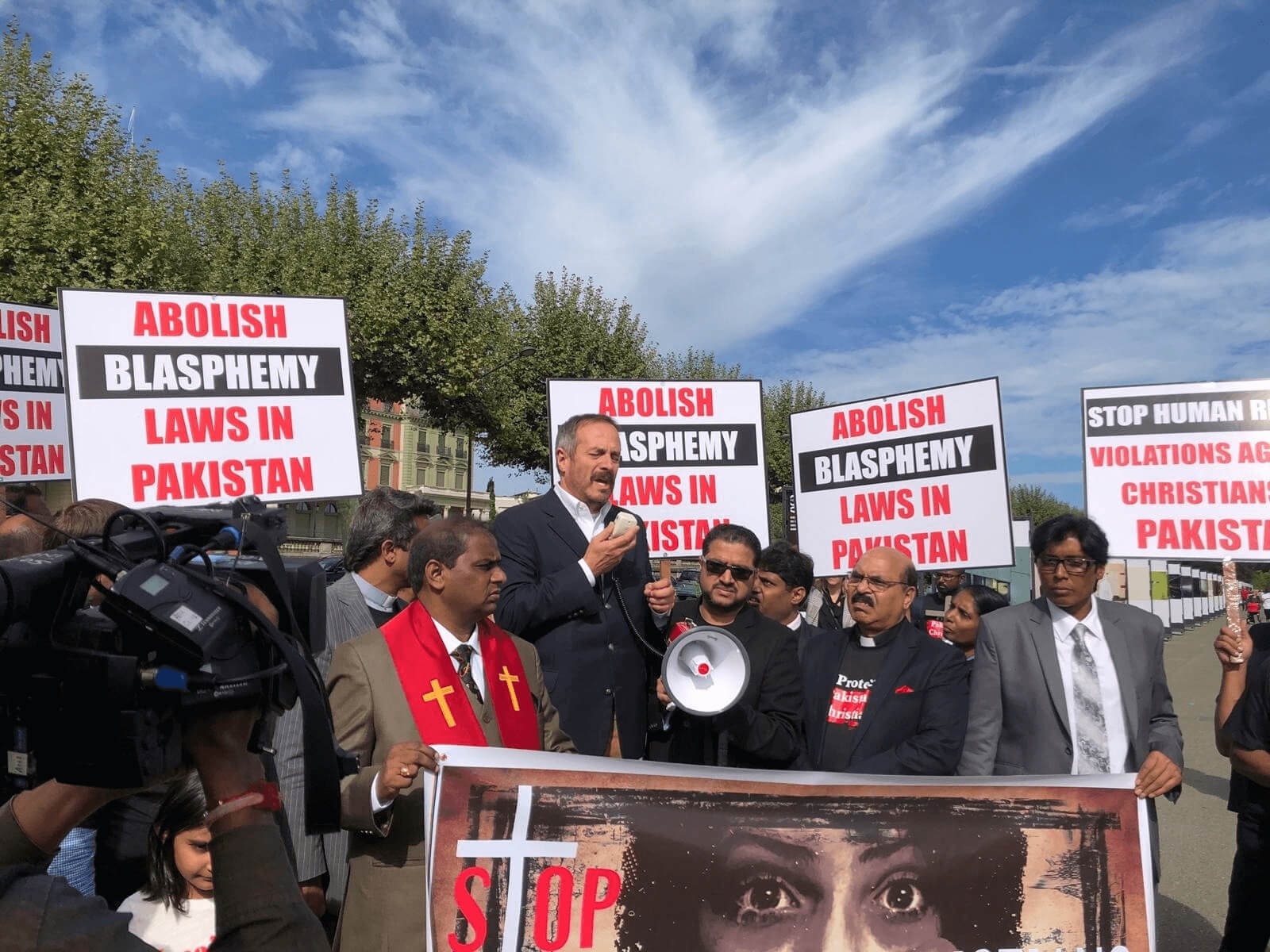
In Pakistan, blasphemy is a crime that carries the death sentence – but many of those accused do not make it as far as sentencing, instead being murdered by vigilantes. According to the Islamabad-based Centre for Research and Security Studies, at least 89 citizens have been murdered in killings related to blasphemy cases since Pakistan was established in 1947. There were five last year alone.
Even against this grim backdrop, the recent murder of Safoora Bibi, a teacher at an all-girls religious school in Pakistan, is striking for its particularly horrific nature and the rarity of the killers being women: a female colleague and two of the victim’s former students have been accused. The girls told police that a relative dreamed that Bibi had committed blasphemy against the Prophet Muhammad. Police are investigating whether the killing was in fact related to a personal feud. This is often at the root of blasphemy allegations in Pakistan, since the potential punishment is so high and the burden of proof so low (accusers can even refuse to repeat the alleged blasphemy for fear of blaspheming themselves).
Last December, Priyantha Kumara, a Sri Lankan general manager of a garment factory in Sialkot, a city in Pakistan’s Punjab region, was bludgeoned to death by a mob after reportedly removing posters that had sections from the Koran written on them. Many people, including the president of the local chamber of commerce, maintain that Kumara was in fact targeted by his factory’s workers over a personal grudge.
According to the US Commission on International Religious Freedom, about 80 people in Pakistan are in prison for blasphemy, with at least half facing a life sentence or death. There have been no executions since the moratorium on the death penalty 14 years ago. However, there is some evidence that the death penalty emboldens ordinary citizens to carry out vigilante killings in Pakistan. Some of the goriest mob lynchings occurred after the moratorium was introduced. Perpetrators of these vigilante killings are rarely brought to justice.
Whatever the motive of the women who killed Safoora Bibi, attacks based on blasphemy accusations look set to continue. With Pakistan mired in a broader political crisis after Imran Khan was ousted, a change to the law is not on the agenda: in the last 15 years, politicians who proposed reform have been threatened and even killed. As long as the country has some of the strictest blasphemy laws in the world, we will continue to see innocent people murdered by their fellow citizens.
This piece is from the Witness section of New Humanist summer 2022. Subscribe here.

